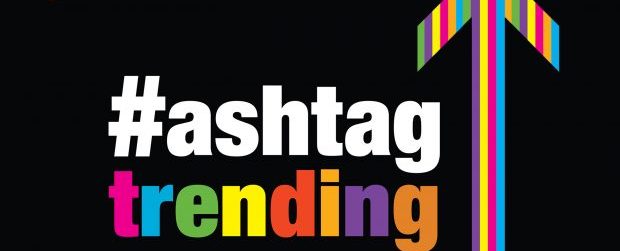In 2019, voice-first smart assistants will face a fragmentation problem. They’ll also be literally in your ear. And they’ll be in your office boardroom.
In 2019, we’ll be looking for solutions to a new problem – fragmentation of technology around voice-first home assistants. As services like Amazon Alexa and Google Assistant become integrated in more smart home devices, smartphones, and even cars, consumers who don’t try to stay consistent with one voice platform will find they have too many to talk to. Especially as automakers introduce their own branded voice assistants for the in-car experience, consumers will become frustrated by the number of different assistants they have to interact with and the inconsistencies of the voice experience across platforms. According to Ericsson’s 10 Hot Consumer Trends for 2019, people are already worried about this. In a survey it conducted, 47 per cent of respondents think that different assistants will provide different answers to the same question. And 41 per cent of respondents think it’s important that couples to have assistants that are compatible.
I also predict that in 2019, more people will have voice assistants in their ear. And I mean literally right in your ear, as in with wireless ear buds. Just take the hint with what Apple has done with its Air Pods. Smartphone manufacturers are doing away with analog headphone jacks and that’s giving people another reason to buy a new product category of wireless earbuds that Juniper Research calls “hearables.” Juniper predicts that 271 million such devices will be in use by 2022. Brands like Apple, Google, Bose, Samsung, and Sennheiser will be the leaders of this category. But we’ll see it seep into mid-tier and budget brand devices as well. Why? Because it’s free to incorporate Alexa and Google Assistant into your device and it’s easy to do. These things will be for more than controlling your music playlist too. Juniper predicts that assistive hearables will take the lion’s share of revenues in this category, hauling in $40 billion by 2022.
Finally, I predict that 2019 is the year that voice assistants enter the workplace. Alexa for Business has launched with some early customers, yes, but 2019 should see it veer out of the pilot phase. BlackBerry has said it’s planning to release an Alexa for Business device in the first half of 2019. That should help assuage some of the security and privacy concerns that businesses have, given that BlackBerry has been trusted with enterprise data in the past. Also, the long-awaited “killer app” for Alexa for Business – the ability to easily join a phone conference room with a simple command – was just released by Amazon on December 10th.
